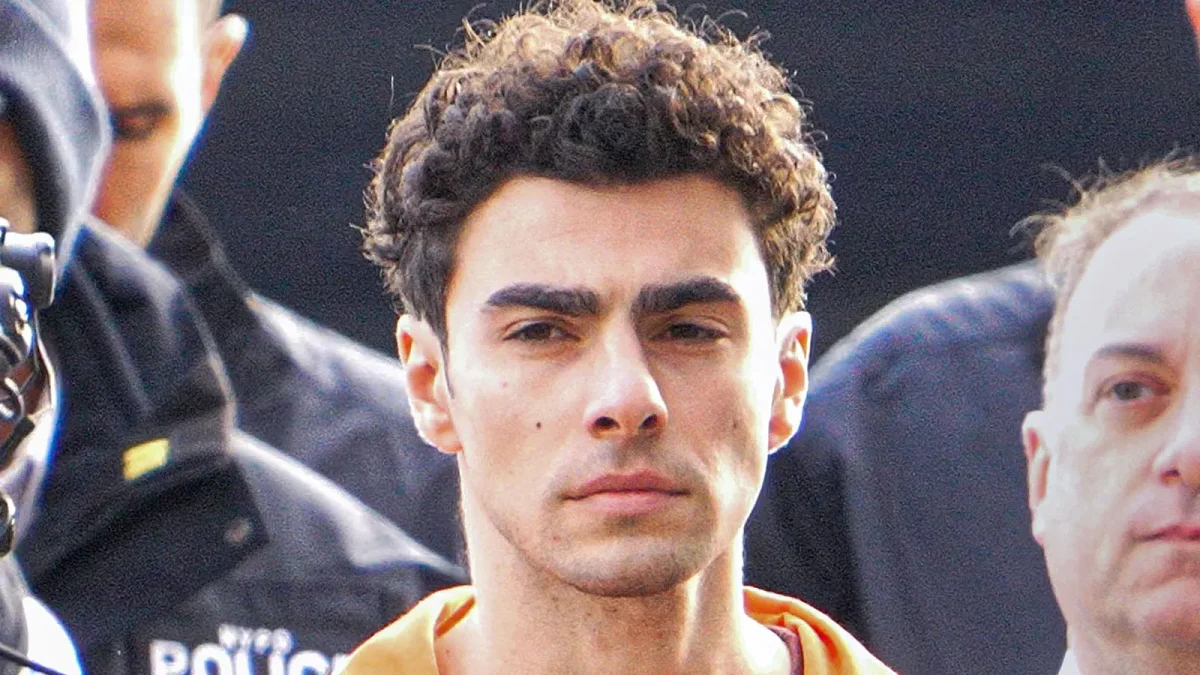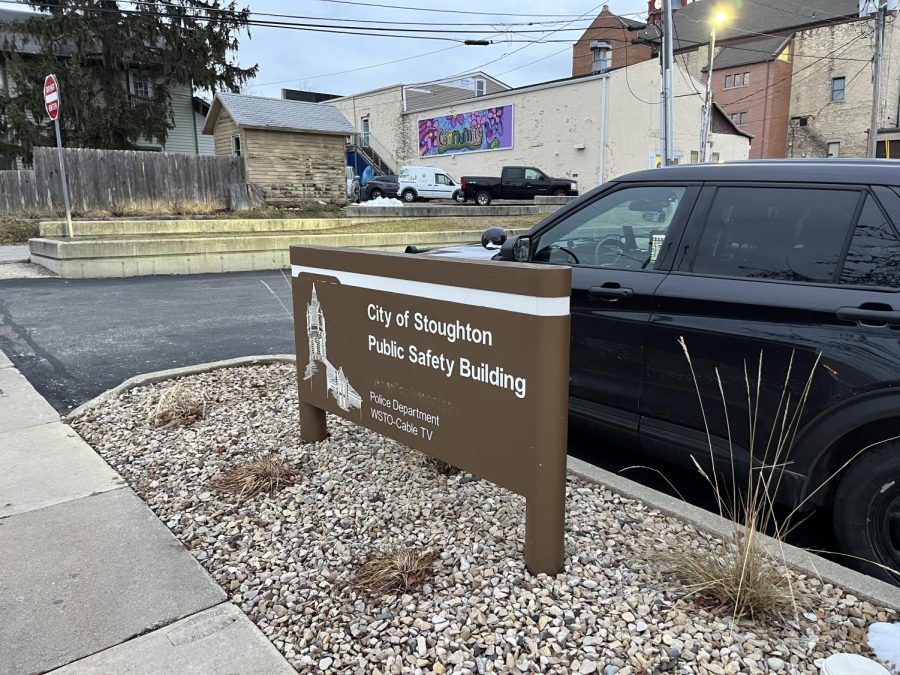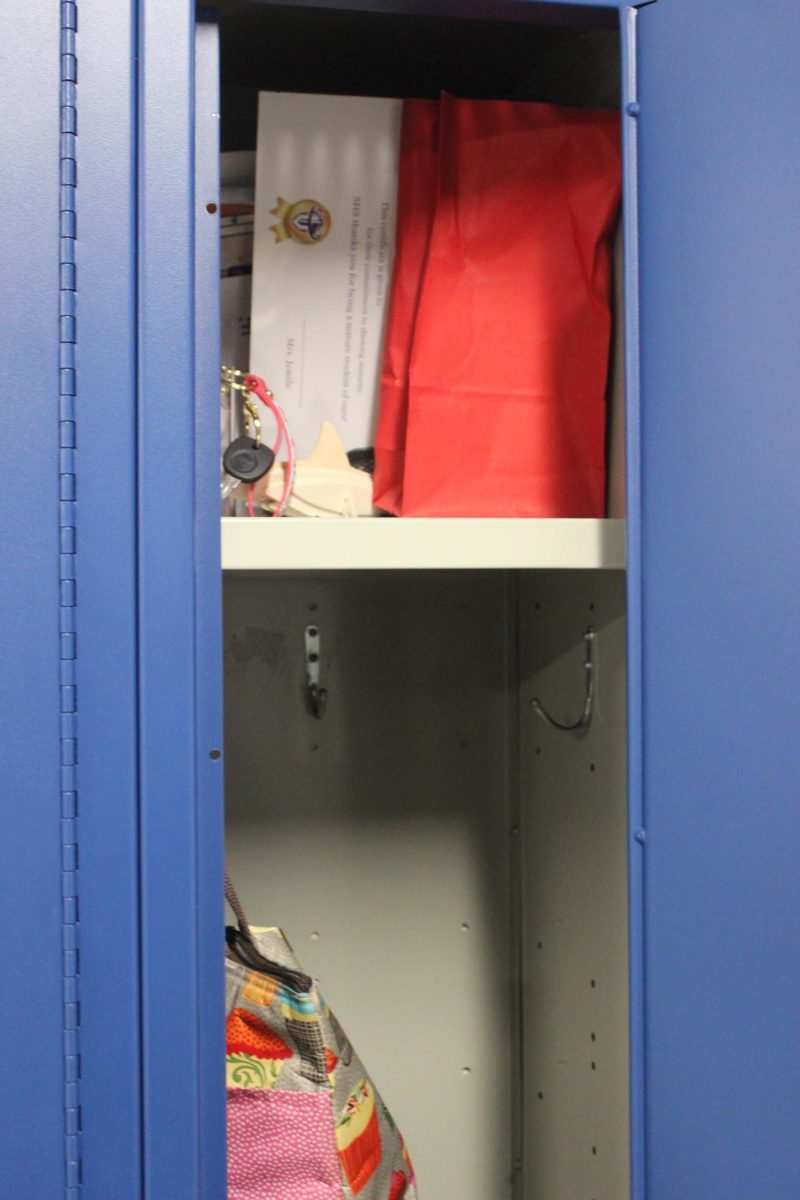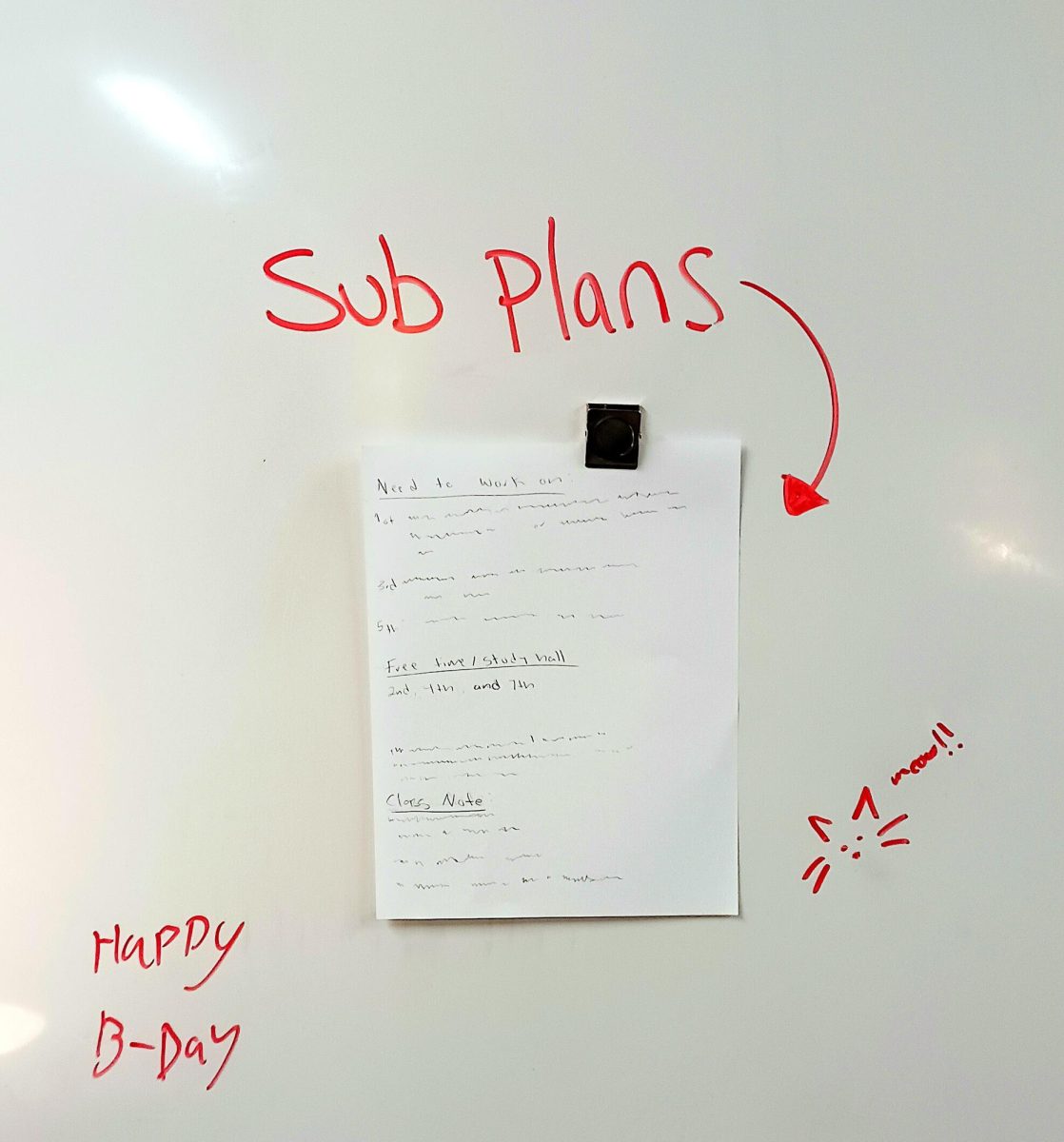After the United States Supreme Court overturned Roe v. Wade in 2022, Wisconsin abortion laws reverted back to an 1849 state law that halted abortion practices state-wide. Wisconsin’s Attorney General Josh Kaul shortly challenged the law. On Nov. 11, 2024, the Wisconsin Supreme Court heard a case regarding the legality of abortion practice in Wisconsin.
In Sept. 2023, a Dane County judge ruled that the 1849 law was a feticide law, a law that bans the killing of a fetus against a pregnant person’s will, which does not include consensual abortion, siding with Kaul. After the Dane County Judge’s ruling, abortion was offered once again in Wisconsin.
The current Wisconsin abortion laws state, “Any person, other than the mother, who intentionally destroys the life of an unborn child is guilty of manslaughter.” Due to this law, Wisconsin continued its abortion care up to 20 weeks of gestational age under the 1849 law.
After an appeal from the Dane County Judge’s ruling, the Wisconsin Supreme Court agreed to hear the case (Kaul v. Urmanski). Soon after hearing the state high court would hear his arguments, he said, “We’ve worked to protect reproductive freedom in Wisconsin, and next Monday [11-11-2024], our office will be in the state Supreme Court arguing about what the 1849 law that we have all become familiar with means for abortion access in Wisconsin.”
Kaul argued that the 1849 law is a feticide, meaning the killing of a fetus without a mother’s consent. This suggests that any consensual abortion is protected under this law. Planned Parenthood argued that the state constitution protects a woman’s right to abortion. Planned Parenthood addresses what was stated directly in the constitution, whereas Kaul challenged the interpretation of the 1849 Law. Kaul’s petition –Kaul v. Urmanski– was accepted to be heard by the state’s high court and argued on Nov. 11, 2024. During the argument, Kaul’s attorney argued for the protection of consensual abortion to be protected under the 1849 law.
Kaul’s argument also considered gestational age. Kaul argued that Wisconsin law bans abortion after the fetus has become able to survive outside the womb. Research shows that a baby can begin to develop on its own outside the womb at 21 weeks with medical care. Liberal Justice Jill Karofsky brought attention to the fact that the ban would have no exceptions for rape and incest and could cause doctors to withhold care from women in need.
Karofsky had compared those consequences to essentially “signing a death warrant” for women and young girls and described the effort to apply a 175-year-old statue with few exceptions in the present day as a sign of a “world gone mad.”
A second case regarding abortion access in Wisconsin was brought by Planned Parenthood, which was accepted into court in Nov. 2024 –but has yet to be argued– questioned if Wisconsin’s abortion laws impede Wisconsin’s constitution. This caused the state justices to evaluate the constitutionality of the statute and not the interpretation and issues addressed in Kaul’s argument. Planned Parenthood’s petition argues that an abortion ban would go against the state constitution that people have a right to “life, liberty, and the pursuit of happiness,” Planned Parenthood argues this means women have the right to choose what they do with their own bodies. This would then constitutionally give people the right to an abortion. Banning abortions would then violate the rights to bodily autonomy and free choice with one’s own body. Planned Parenthood’s chief strategy officer, Michelle Velasquez, hopes the state’s high court effectively overturns the 1849 law altogether, resulting in a much broader ruling than Kaul’s case would. “This petition is really asking whether the Constitution protects access to abortion,” Velasquez said at a press conference in Feb. 2024.
Planned Parenthood with the assistance of two abortion health care providers and a group of women who have received abortions is fighting for the right for women to receive abortions and for health care providers to perform abortions under the protection of the state law and constitution.
Many prominent state conservatives believe that the state Supreme Court is overstepping its jurisdiction. State Senate President Chris Kapenaga called remarks made during the Nov. 11 oral argument “Racist and sexist,” referring to Justice Rebecca Dallet’s questioning of Urmanski’s attorney. Dallet was questioning the validity of the 175-year-old law, claiming that it is necessary to acknowledge societal changes since its passage, explicitly noting that only white men were in office when it initially passed. “Under her reasoning, there would be no validity to the State or US Constitution,” Kapenga said.
As of Dec. 2024, abortion access is legal across Wisconsin. The state Supreme Court is expected to hand down a decision in Kaul v. Urmanski in early summer 2025. The court has not yet announced when it will hear Planned Parenthood v. Urmanski.







